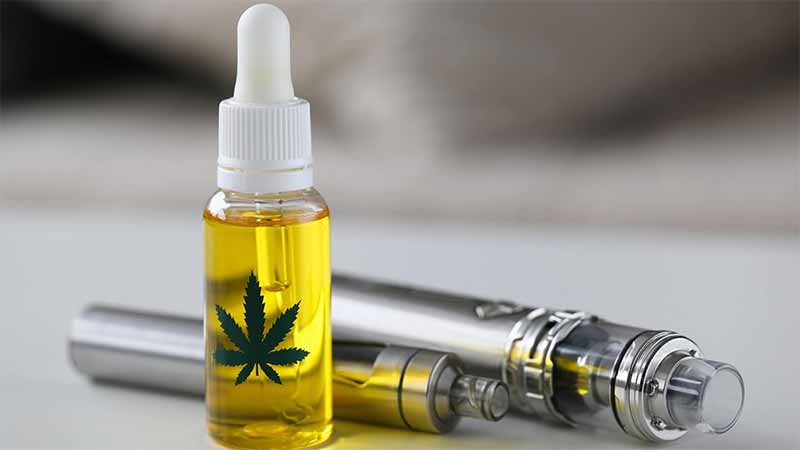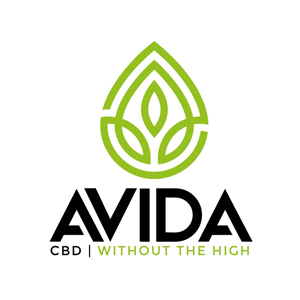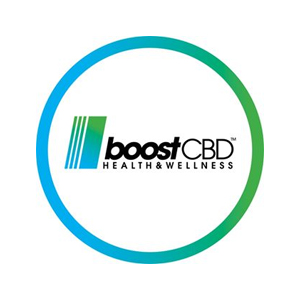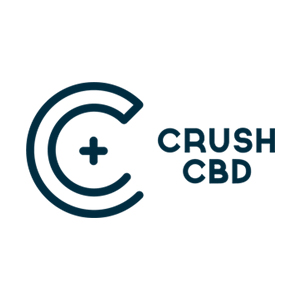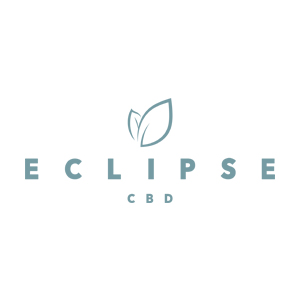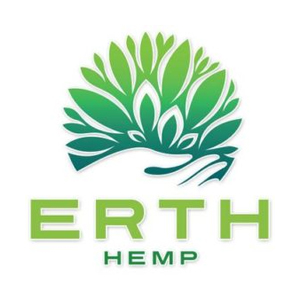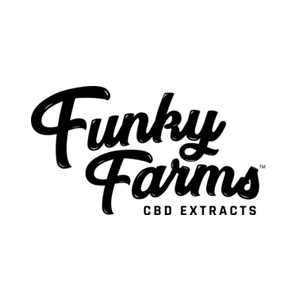No products in the cart.
Guide to Purchasing CBD Vape Cartridges Leave a comment
Guide to Purchasing CBD Vape Cartridges. CBD’s popularity in the health and wellness market is rising. This non-psychoactive hemp extract is most used in the form of oil, but people consume CBD in a variety of ways. Many people choose to vape CBD, as the compound is widely available in liquid form in pre-filled cartridges. This article will tell you of the ins and outs of vaping CBD.
Guide to Purchasing CBD Vape Cartridges
What is CBD?
Cannabidiol, commonly known as CBD, is a chemical component of cannabis plants. It is part of a group of compounds called cannabinoids, of which there are over 100 types. Cannabinoids provide therapeutic benefits by interacting with the endocannabinoid system in the body’s central and peripheral nervous systems.
The endocannabinoid system maintains our bodies’ homeostasis (balance) and keeps our cortisol levels (stress) immune responses, metabolic system, and sleep regulated.
Because it is non-psychoactive, people can enjoy CBD’s benefits without becoming intoxicated.
CBD is most prevalent in its oil form, but it is also available in the form of capsules, edibles, topical creams, and in vape e-liquids.
CBD Vape Cartridges
A CBD cartridge—a popular method of vaping CBD—is a small container filled with CBD vape juice. These are flavored with a variety of ingredients, from terpenes (organic compounds from plants and conifers) to fruit extracts. CBD vape liquid is also available flavored as natural hemp extract.
Cartridges usually contain between 0.5 and 1 mL of e-vape liquid and can be attached to vape devices such as pens or vaporizers. Some brands of CBD vape liquid correspond to that specific brand’s vape device.
Pros of Vaping CBD
Vaping CBD grants the same effects and benefits as consuming CBD in any other manner. With vaping, CBD enters the bloodstream through the lungs, as opposed to sublingually, through the digestive tract, or through the skin.
Accordingly, vaping CBD can reduce anxiety, depression, insomnia, and stress, as well as reduce inflammation to combat arthritis, cardiovascular disorders, migraines, and pain. Research has shown that CBD can also be useful in treating Alzheimer’s, multiple sclerosis, and other serious diseases; however, scientific results vary. Currently, combating certain types of seizures is the only clinically justified use of CBD for severe medical conditions. Further studies have been conducted on animals and cells, but human trials have not been conducted.
Vaping Advantages Over Other Products
There is one key advantage of vaping CBD in comparison to any other form of consumption: fast results. Inhaling CBD, you will feel the effects instantaneously. Contrastingly, oils take up to half an hour for the CBD to absorb into your bloodstream, and edibles rely on your metabolic system.
Secondly, as much as 60% of the CBD you inhale is absorbed into your bloodstream (this is how you feel the effects). By comparison, people absorb only 13-19% of the CBD ingested from capsules and edibles, so you feel more of the benefits when vaping.
Additionally, vaping CBD is easy and convenient, as cartridges can be stored in a pocket. Vaping has also nested itself in social culture, and it can be enjoyable to taste.
Guide to Purchasing CBD Vape Cartridges
Nevertheless, vaping CBD has some drawbacks. First, while the effects are quick to enact, they are also quick to dissipate (usually in an hour or two). In contrast, sublingual CBD oil tinctures’ effects typically last over three hours. Furthermore, not enough evidence exists to verify vaping’s long-term effects and safety.
But is it Legal?
Mostly. CBD is legal in many places, such as Canada, the United Kingdom, and the United States. CBD’s legality is primarily contingent on its plant source: either marijuana or hemp.
Since hemp plants have very low levels of THC (0.3% or less), the plants aren’t considered to be psychoactive, and many countries produce hemp-based CBD products. In the United States, hemp and hemp derivatives are federally legal.
On the other hand, marijuana plants are psychoactive due to their higher levels of THC. Thus, most countries register marijuana-sourced CBD as illegal.

